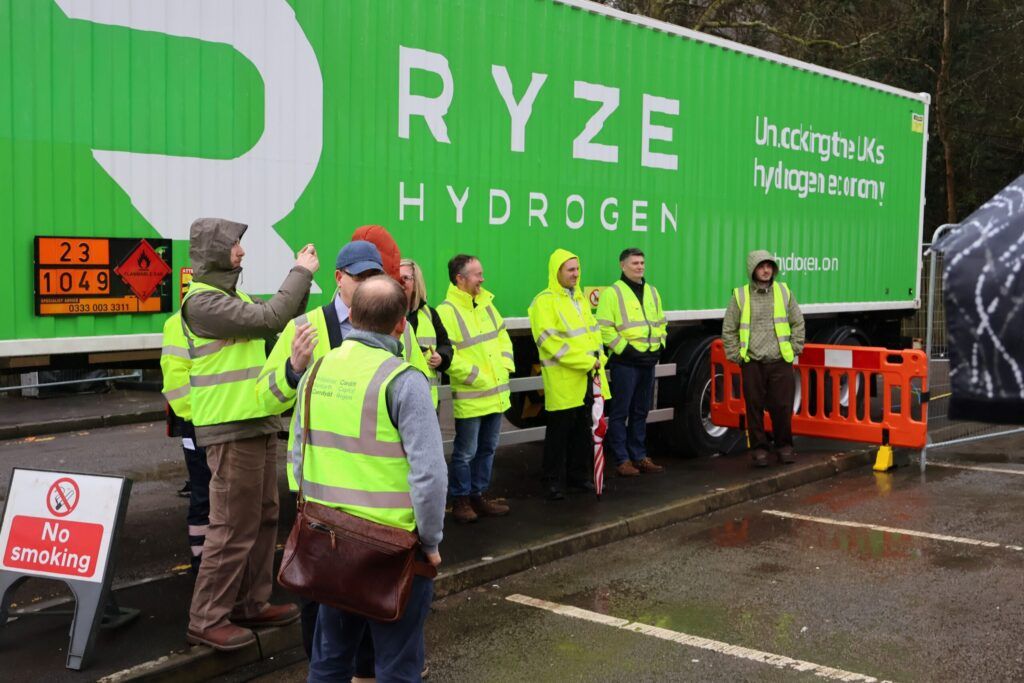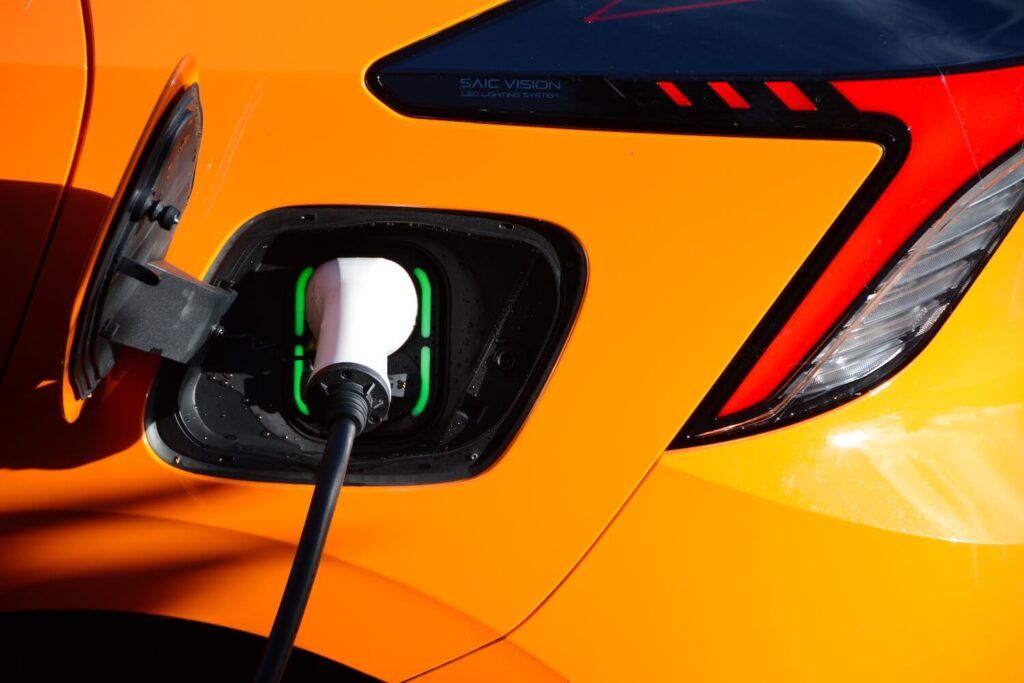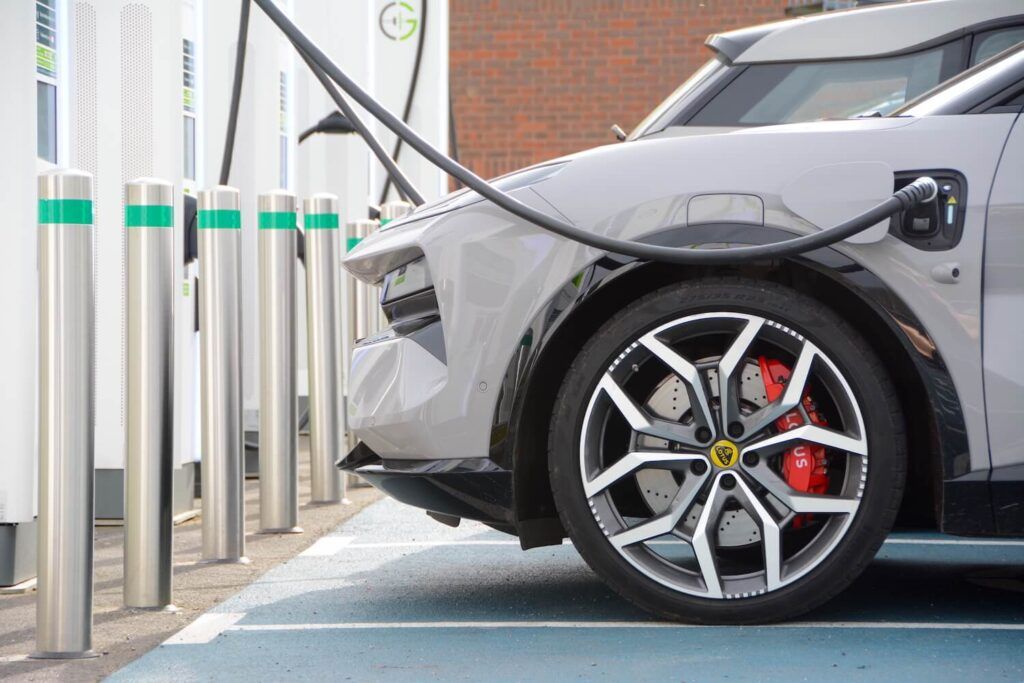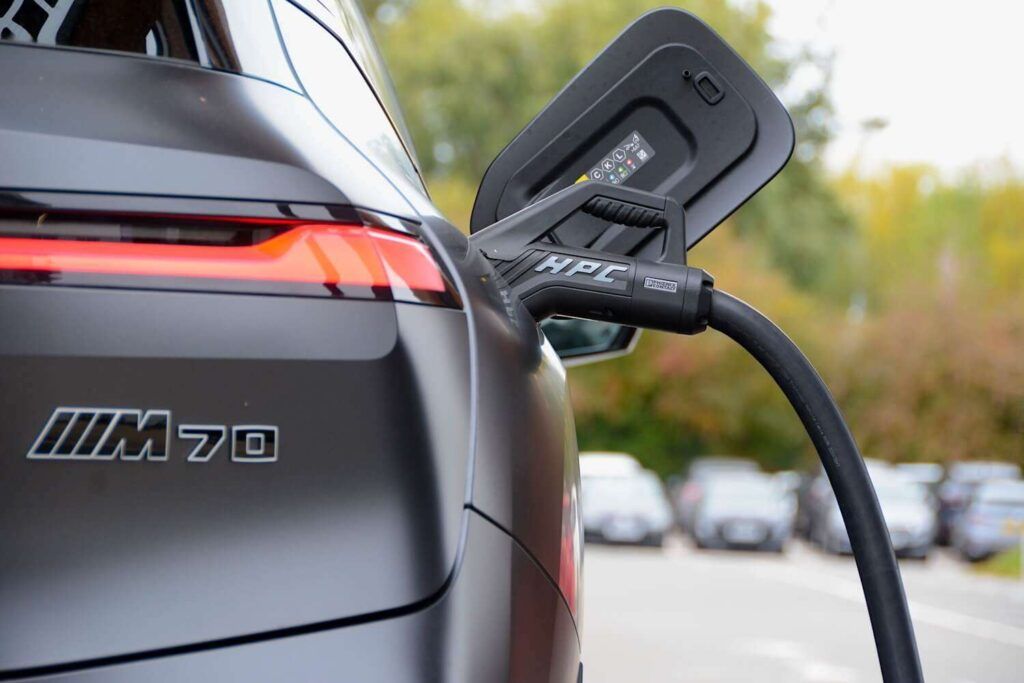Ofgem has laid out a blueprint for the electricity distribution price control period starting in April 2028.
The blueprint covers a pivotal period in the pathway to a clean power system by 2030, and lays the foundations for the wider decarbonisation of the economy.
The ED3 framework responds to the recent recommendations from the-then National Infrastructure Commission’s (NIC) review of local electricity networks, which aims to see an “evolution to a far more planned system at the regional level and far-reaching reforms to the connections process”, it said.
Ofgem’s new regulatory model aims to “maximise the opportunities presented, driving critical new investment, speeding up connections, strengthening resilience, and ultimately delivering for consumers both now and in the future”.
The framework focuses on four key areas:
- Networks for net zero: A more proactive approach to investment will ensure the networks are ready for a net zero future. Companies will be funded and then held firmly to account for delivering the infrastructure needed for our growing demands for electricity.
- Responsible and sustainable businesses: As with previous price controls, we’ll drive network companies to minimise their environmental impact, and deliver excellent customer service, with a heightened focus on support for the more vulnerable customers. New measures will ensure that electric vehicle charging points, renewable generation as well as housing and industry can get connected to the local grids in a speedy and efficient way.
- Smarter networks: The digitalisation of the energy sector will be key to a more efficient and resilient system. In ED3, distribution network operators (DNOs) will need to enhance their data sharing and processing capabilities, and we will continue to use incentives and funding to drive innovation in how the network companies plan and operate their business.
- Resilient networks: As society becomes more dependent on electricity for its power, transport and heating needs, it is even more essential that DNOs are maintaining and replacing their assets to ensure sure their networks are reliable both for the present and future, and able to withstand future risks such as extreme weather events and cyber-attacks.
ED3 will see the fourteen electricity DNOs play a key role, including:
- The switch to a clean power system by 2030
- The move to more EVs (electric vehicles) on the roads.
- The increasing electrification of heat
- Further anticipated growth of AI and data centre sectors
- Increased flexible energy use
- A greater amount of regionalised planning via new Regional Energy Strategic Plans (RESPs)
The price control will determine funding available for DNOs to deliver work, including the expansion of the existing distribution network and the Government’s Clean Power 2030 Action Plan.
Through the ED3 price review process Ofgem will work with DNOs to:
- Provide increased certainty in investment needs, helping reduce costs and supporting investment
- Develop innovative solutions and business technologies to improve the day-to-day delivery of network services while meeting the challenges of a clean power system.
- Increase the security and resilience of critical local infrastructure
- Ensure the sector remains financially robust
Steve McMahon, Ofgem Director for Network Price Controls, said:
“The scale of the opportunity is clear, and it is vital we take a new strategic regulatory approach, enabling more planned, proactive investment in network capacity whilst ensuring speedier and more efficient connections of new technologies.
“We must also continue to consider the evolving roles and responsibilities of the DNOs in the net zero transition, particularly around the decarbonisation of heat and transport and improving energy efficiency.
Lawrence Slade, Chief Executive of Energy Networks Association (ENA) which represents the UK’s electricity network operators said:
“We welcome today’s decision as an important step towards achieving the UK’s clean energy goals and supporting the creation of a grid that can meet the UK’s future demands for affordable energy.
“The ED3 framework is evolving and we need to ensure it is applied in the right way, with recognition of the differences between types of customer and regions, in order to maintain the pace of change. It must enable networks to build the supply chains and create the skilled workforces that will be vital to the long-term development of the grid and unlock the wider economic benefits of the transition. We believe that the proposed shift to longer-term planning and more proactive investment will deliver an efficient transition at the lowest-overall cost to customers.
“We will be reviewing the full details of the decision over the coming weeks. The framework should support network operators in achieving the step change in investment that the National Infrastructure Commission’s recent report recognised was needed to deliver the focused long-term vision vital for realising the government’s decarbonisation and energy security ambitions.”












